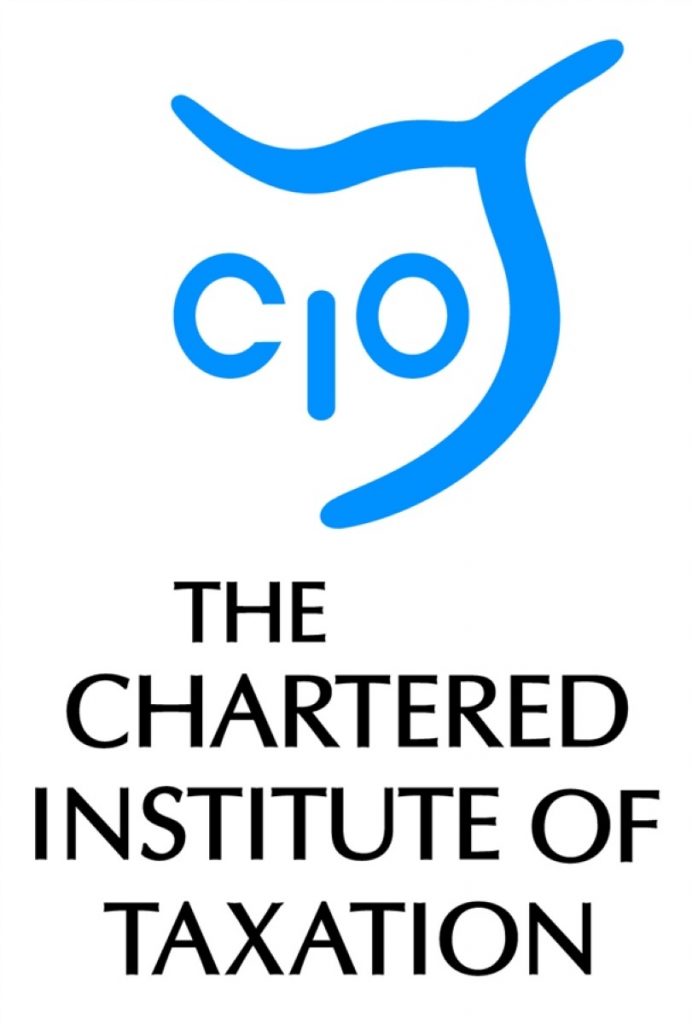CIOT: PAYE shake-up means students need to check their tax
Tax campaigners are encouraging students to check they are not overpaying their taxes.
Students often pay too much tax on their earnings. With the 2012-13 tax year having just finished, the Low Incomes Tax Reform Group (LITRG) are encouraging students to check their taxes for the year just ended and look to the year ahead, taking into account the abolition of the form which previously allowed students to get paid for holiday work without income tax being deducted at source.
Many students work to help make ends meet. The often erratic nature of such work, to fit in with studying, exams and so forth can leave the tax system struggling to keep up with them.
For example, students might:
· work during their vacations and/or in term time;
· work in several jobs at once;
· frequently move from one job to another;
· do odd agency jobs; or
· do a ‘sandwich’ course during which they work for a year.
This means they can pay too much tax and have to claim a refund, even if they are vigilant. There is also a risk that they might not pay enough and be presented later with an unwelcome bill. So it pays for students to make sure they know where they stand.
From 6 April 2013, the ‘Real-Time Information’ operation of PAYE has come into effect, and along with it the withdrawal of the form P38(S) previously available to students who worked only in their vacations, which enabled them to get their wages paid without income tax deduction at source. This means standard PAYE applies to all students and increases the likelihood of needing to claim back tax at the end of the year.
LITRG Chairman, Anthony Thomas, said:
“The P38(S) has been a casualty of introducing RTI and will affect some students, albeit in dwindling numbers over recent years as increasingly students have to work in term time as well to help finance their studies.
“We urge students to take an interest in their tax affairs at an early stage. They should check their PAYE coding notices and payslips to make sure as far as possible the right tax is being taken from them in-year and contact HMRC if they are unsure or think something is wrong.
“They should also gather together details of their income and tax paid in the last tax year which ended on 5 April 2013 and see if they might be due a repayment. Many will have earned less than their personal allowance of £8,105 for that year but still had tax deducted under PAYE.”
Notes for editors
1. More information on how to claim overpaid PAYE can be found on the LITRG website
http://www.litrg.org.uk/students/tax-refunds
2. In association with the National Association of Student Money Advisers’ “Student Money Week” earlier in 2013, LITRG also produced a ‘tax quiz’ for students to help them understand the basics and when they might be overpaying. http://www.nasma.org.uk/uploads/public/Tax_one_pager_student_money_week_2013.pdf
3. More guidance for students on checking their PAYE codes and contacting HMRC if they are wrong can also be found on the LITRG website. Note that when checking codes for the current year, the standard personal allowance for 2013/14 is £9,440, increased from its 2012/13 level of £8,105. http://www.litrg.org.uk/students/working/Employment
4. The Low Incomes Tax Reform Group (LITRG) is an initiative of the Chartered Institute of Taxation (CIOT) to give a voice to the unrepresented. Since 1998 LITRG has been working to improve the policy and processes of the tax, tax credits and associated welfare systems for the benefit of those on low incomes.
5. The CIOT is a charity and the leading professional body in the United Kingdom concerned solely with taxation. The CIOT’s primary purpose is to promote education and study of the administration and practice of taxation. One of the key aims is to achieve a better, more efficient, tax system for all affected by it – taxpayers, advisers and the authorities. The CIOT’s 16,500 members have the practising title of ‘Chartered Tax Adviser’ and the designatory letters ‘CTA’.
James Knell
External Relations Officer
Chartered Institute of Taxation
Registered charity number 1037771
www.tax.org.uk
The Association of Taxation Technicians
Registered charity number 803480
Registered company number 2418331
VAT Registration Number 497 5390 90
www.att.org.uk
Low Incomes Tax Reform Group – an initiative of the Chartered Institute of Taxation
www.litrg.org.uk
1st Floor, Artillery House, 11-19 Artillery Row, London SW1P 1RT





-01.png)